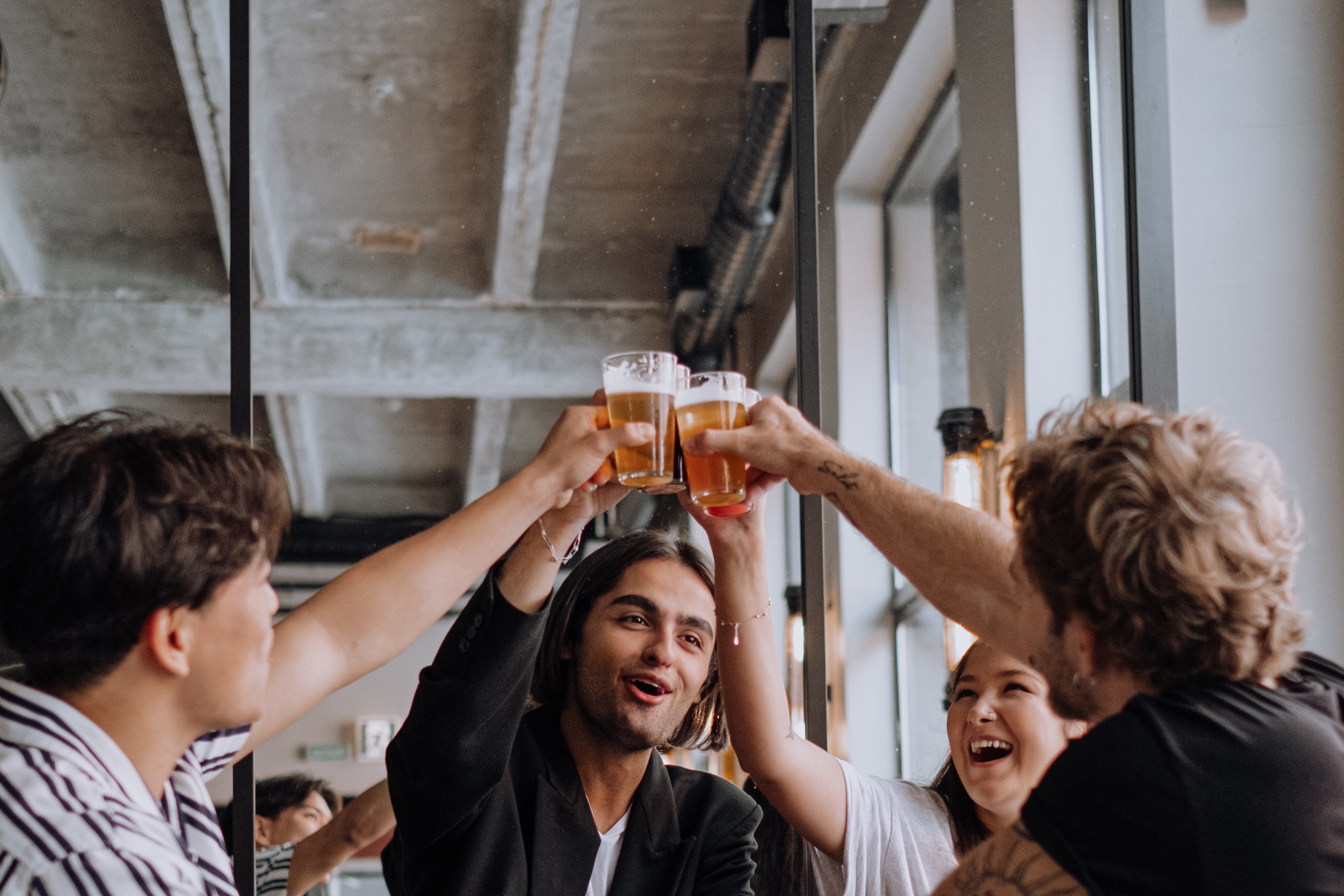Business events and socials are an excellent way to build relationships, fuel collaboration and increase knowledge sharing. For many a business event can be highly motivating, a perk or even a tool to build their careers.
Recent allegations however of the rape of a woman at a CBI boat party sent shock waves through the city of London. News of the incident was a wake-up call, causing embarrassment for the UK government and well-known British brands who had long been associated with the business support organisation. This high-profile case has prompted organisations and event organisers to question whether their event safety protocols are enough to safeguard those attending events.
Employers have a duty of care to protect their employees when attending business and work-related socials. Such events are deemed an extension of the workplace and the same rules with regards to conduct and employee safety apply. It’s important to remind employees to adhere to these when away from head office with a clear message of the repercussions if they don’t. This protects everybody and in particular employers who can be vicariously liable for the actions of their employees, even at off-site events.
Whether you’re organising a company BBQ, a conference, exhibition or having employees attend events organized by a third-party, employees have the right to remain safe.
Whilst great strides have been made to create safer, more inclusive workplaces, inappropriate behaviour at business events still continues unchecked. Often the offenders are well-known, the behaviour laughed-off or excused as “oh that’s just Jeffrey”. Alcohol fuelled events come with the outdated subtext of “what happens on tour, stays on tour”. Employees often know who the repeat offenders are and give them a swerve but don’t always feel empowered to tackle or call out the offensive behaviour leaving it to go unchecked. Consequently, offenders grow in confidence and go on to commit more serious misdemeanours.

There are countless examples of situations occurring at industry events including sexual harassment, sexual assault, drink spiking, medical emergencies, racism or and lack of adequate preparation to cater for disabled or neuro-diverse employees.
As employers we can tackle this issue using two-pronged approach:
Creating safe and inclusive events and ensuring that employees have the right tools and strategies in place to keep themselves safe and well.
Making events more inclusive
Plan your next event with inclusivity in mind. This starts with the pre-event messaging, make the communication accessible for all with good representation on the imagery you use as well as in the speaker line-ups. Consider the timing of your events, will they exclude certain demographics perhaps due to religious festivals or unsociable hours for working parents. Next, reach out to delegates in advance to find out if they have any specific requirements, these could be medical, dietary or religious.
Remember to refrain from using binary language such as ‘ladies and gentlemen’ and use pronouns. Provide subtitles, signers and interpretation resources to accommodate deaf guests or those from another native language.

Code of conduct
Be clear that employees are bound by their obligation to conduct themselves professionally at work-related events. That they must not damage the reputation of the company and must conduct themselves respectfully towards their colleagues, peers and other attendees.
Have clear processes in place for reporting and investigating incidents and allow employees to report anonymously if required. This can be a difficult time for them, particularly where the offender is senior to the victim, an important customer, charity donor or senior official. It’s important that the employee feels listened to, is given the right psychological support. Ensure that any investigations are conducted in a sympathetic way and at a speed with which they are comfortable. Passing employees on to a third-party Employee Assistance Programme is not enough and may discourage them from reporting an incident. What’s most important is often that the employee feels listened to and acknowledged.
Preparing attendees
Provide employees with pre-event training to equip them to deal with a situation before it escalates.
Event safety training might typically advise employees to:
- Team up with an event buddy, so that they can check-in with each other and provide support in the event of an incident or illness.
- Be empowered to respond to unwanted attention swiftly and assertively.
- Learn and practice some practical ways to decline unwanted invitations.
- Practice situational awareness, to plan their escape routes and identify people who could provide assistance in case of an emergency.
- Be a proactive bystander, to notice colleagues who may be in a spot of trouble and to support them appropriately.
- Remember that sexual harassment extends to company events too and to know their rights when it comes to speaking up and reporting an incident.
keeping an eye on proceedings
Appointing colleagues to support delegates and deal with any incidents is good practice, letting attendees know in advance, who their point of contact is.
Alcohol & drugs
Alcohol and or drugs at company events increase the risk of incidents exponentially. Again, it’s helpful to stipulate acceptable protocol and remember to provide non-alcoholic beverages so as not to encourage over-consumption and to avoid alienating non-drinkers.
To summarise, events are the bedrock of many industries and the glue that holds many of us together in our working lives. You want your events to be successful and memorable for all the right reasons.
For more information on how we can help you take a look at our Event Safety and Creating Inclusive Events courses here.